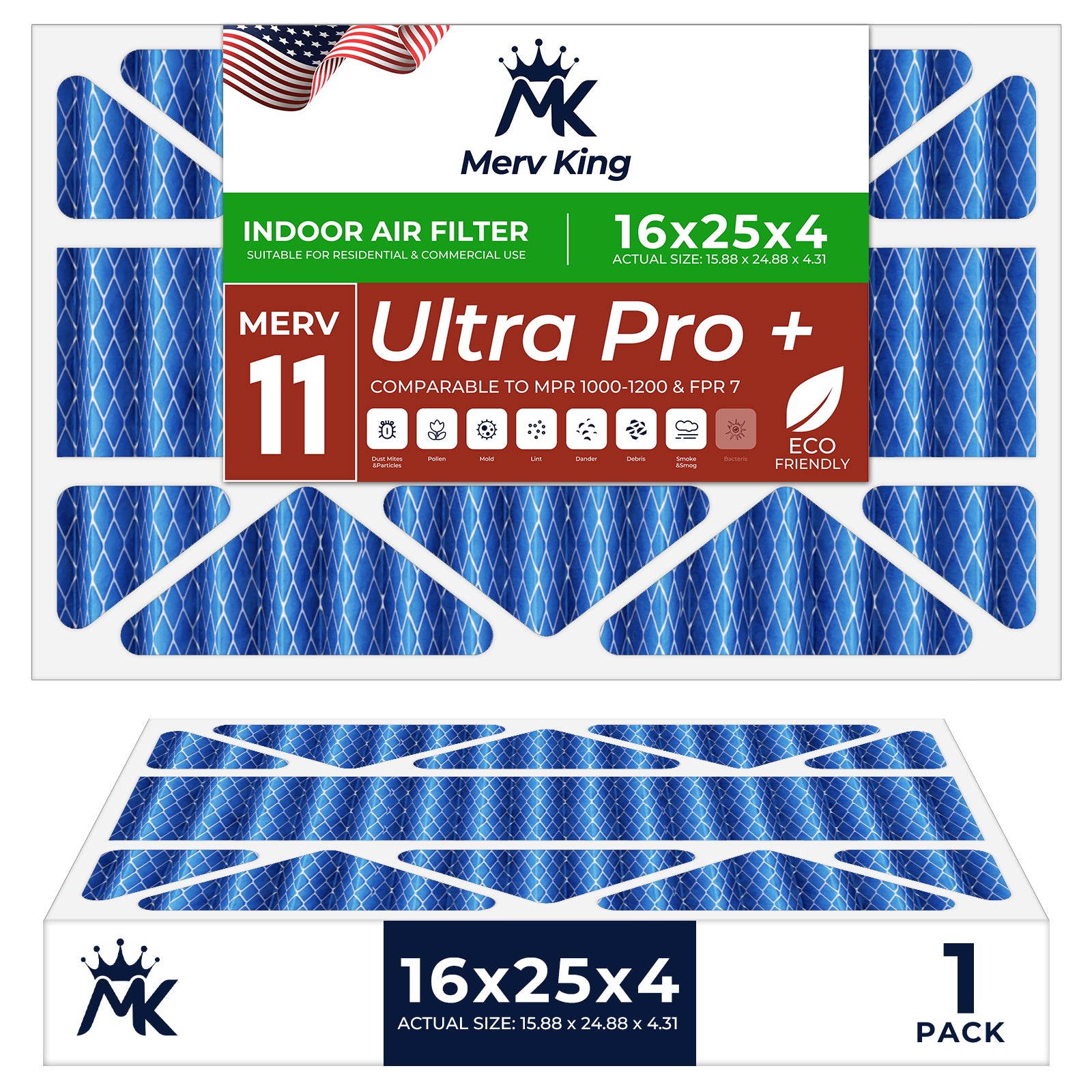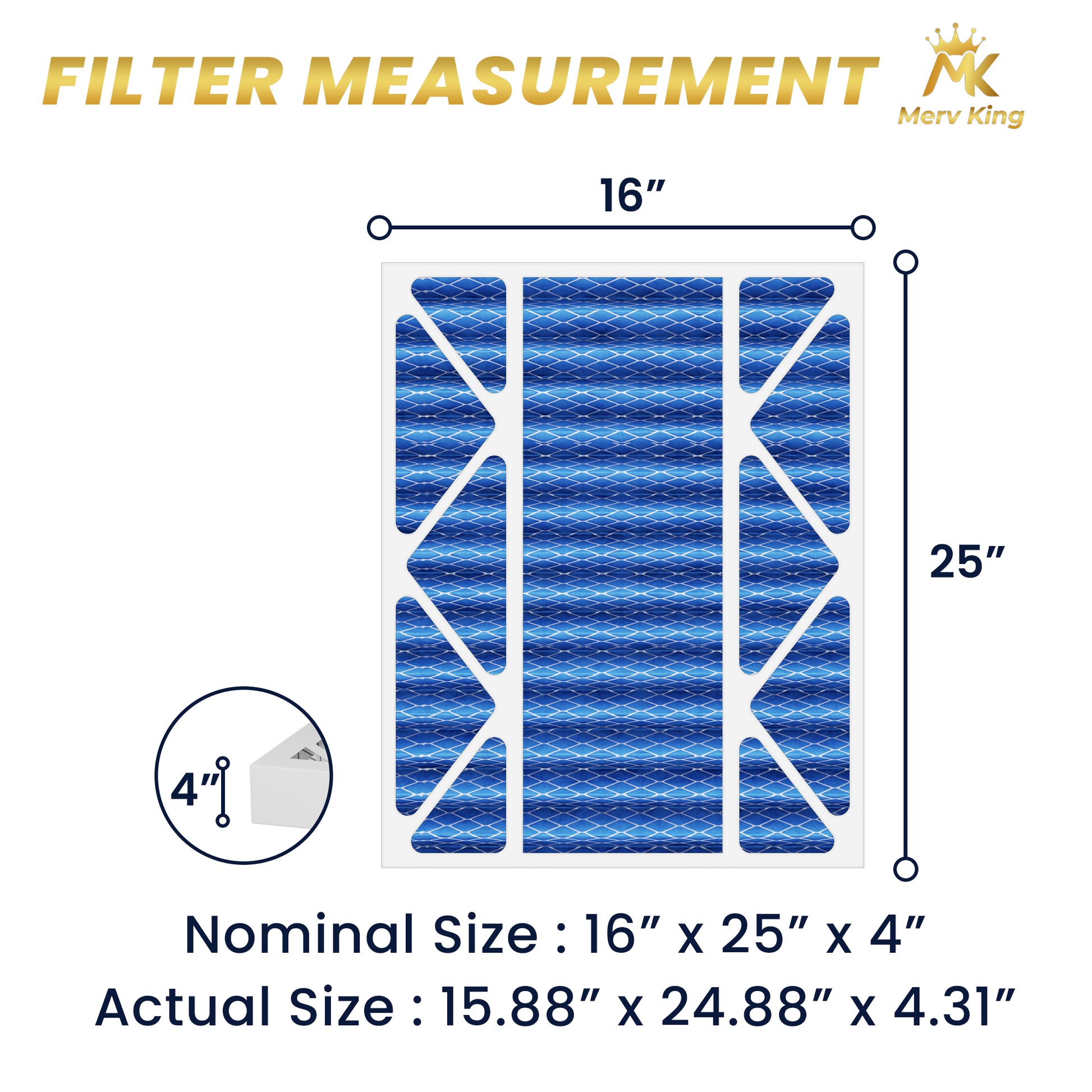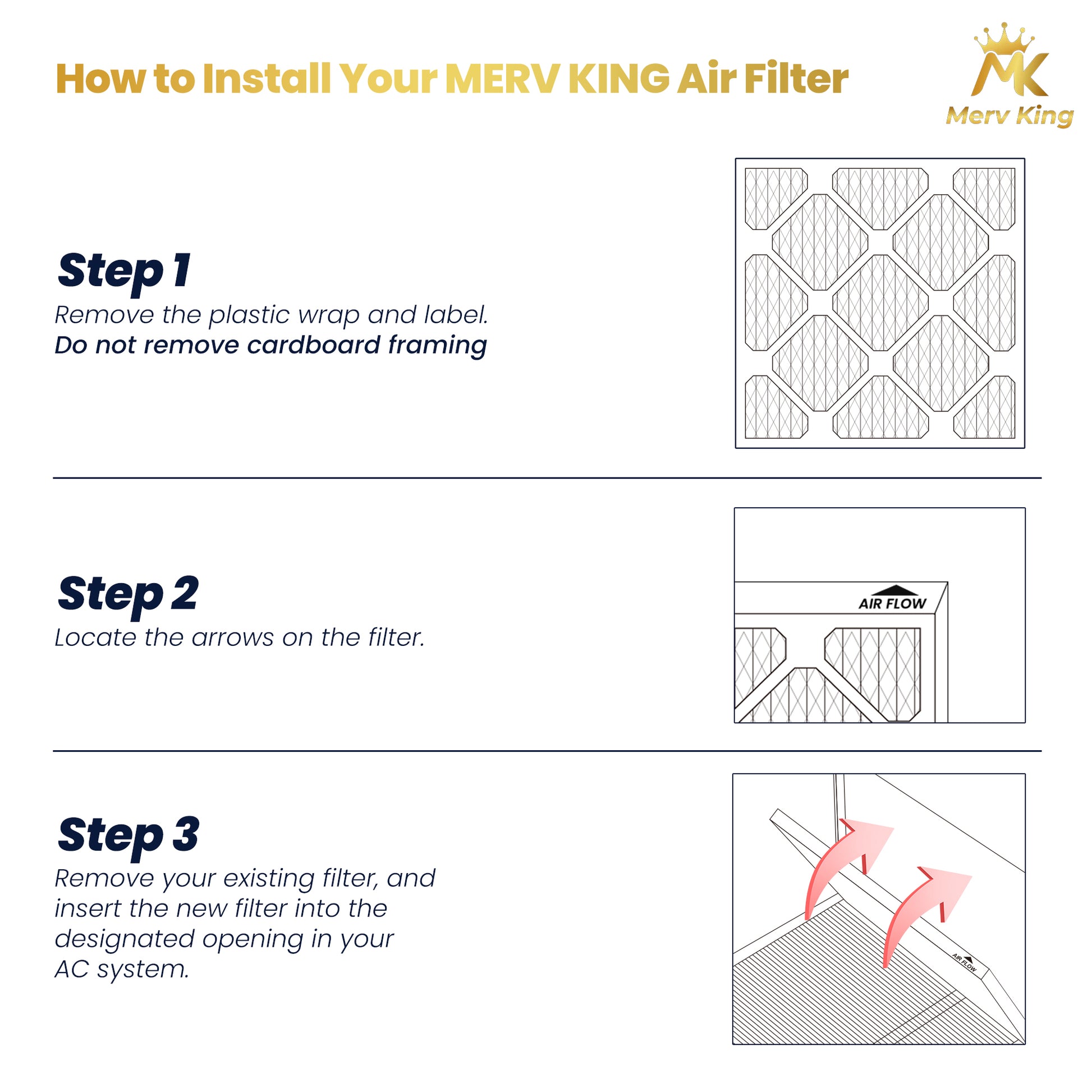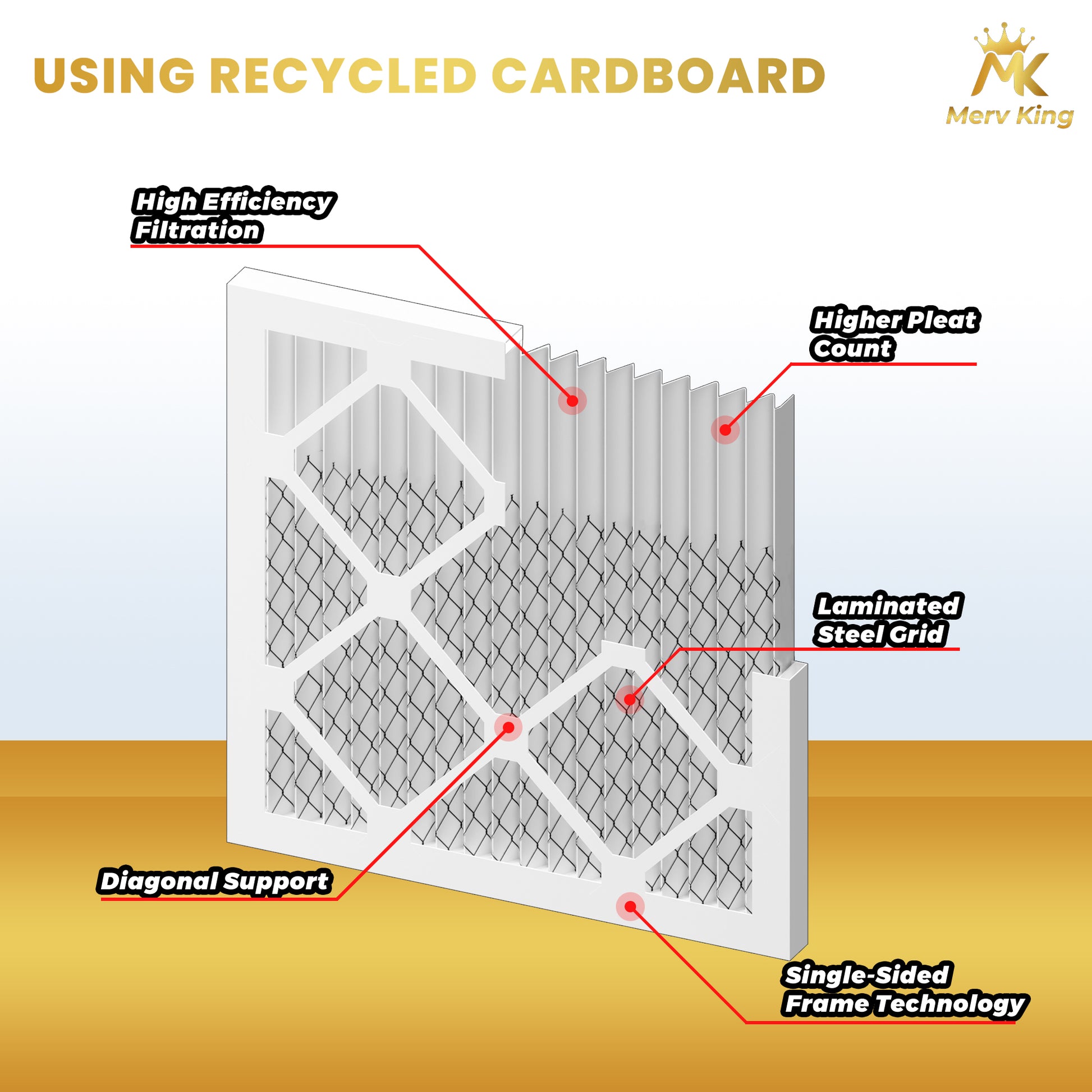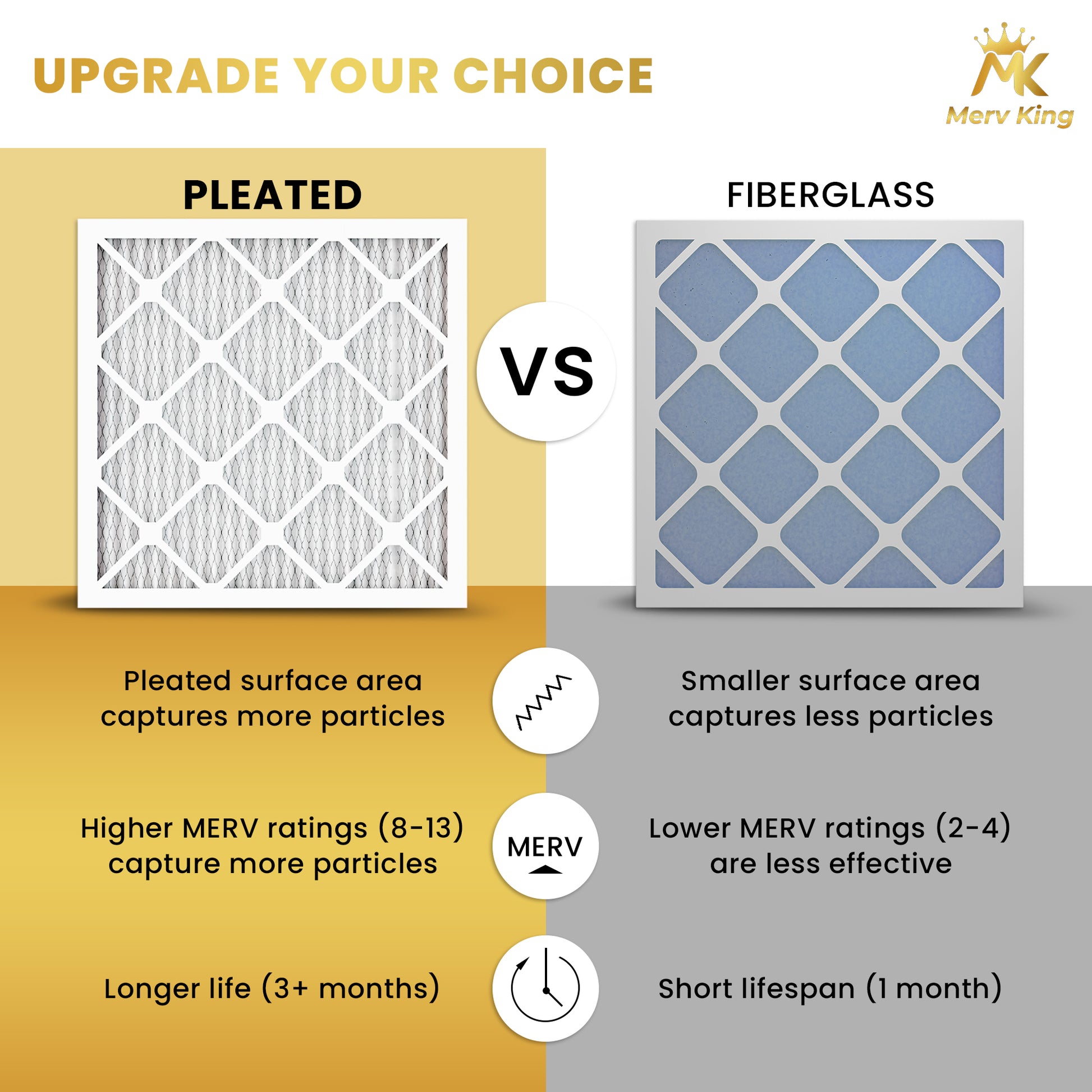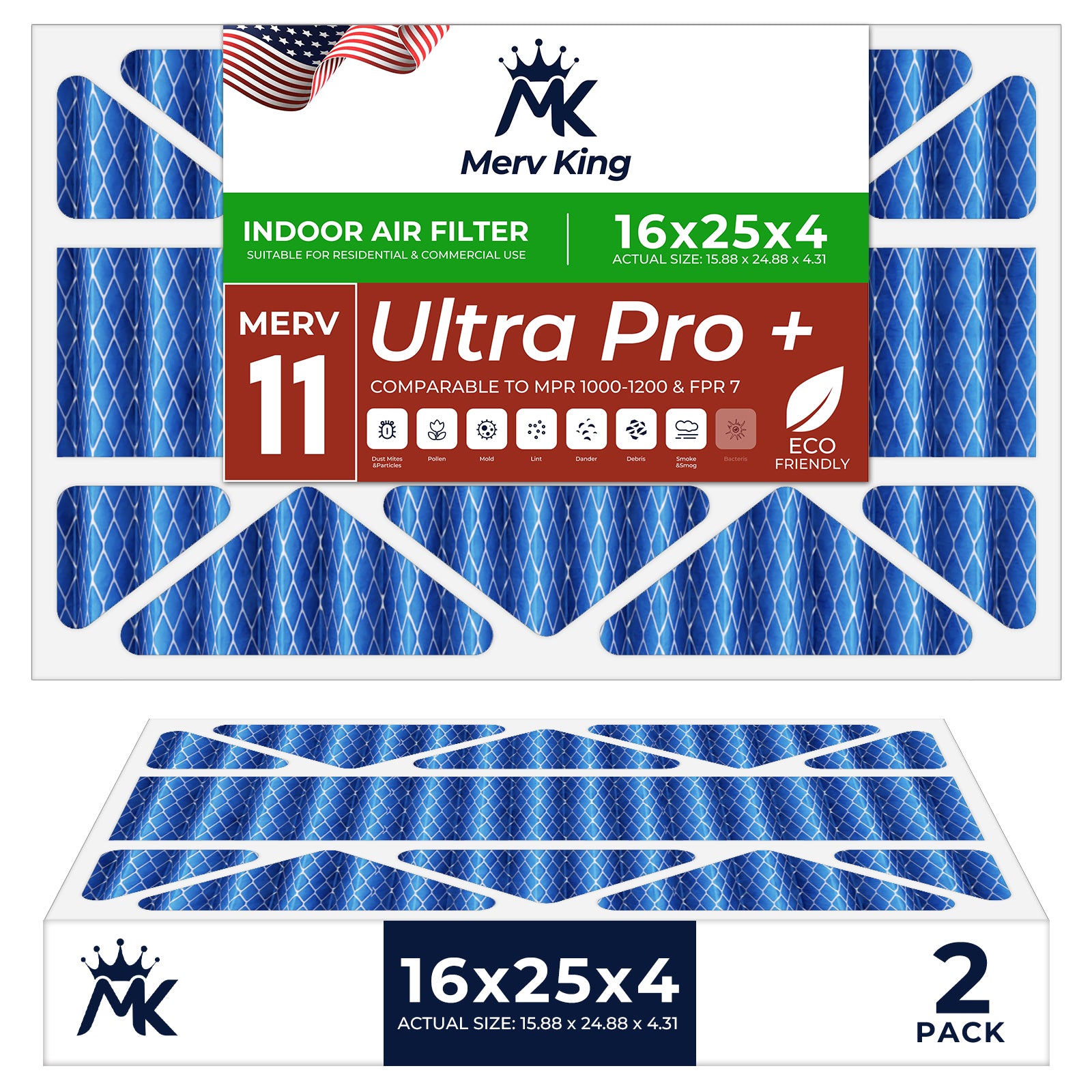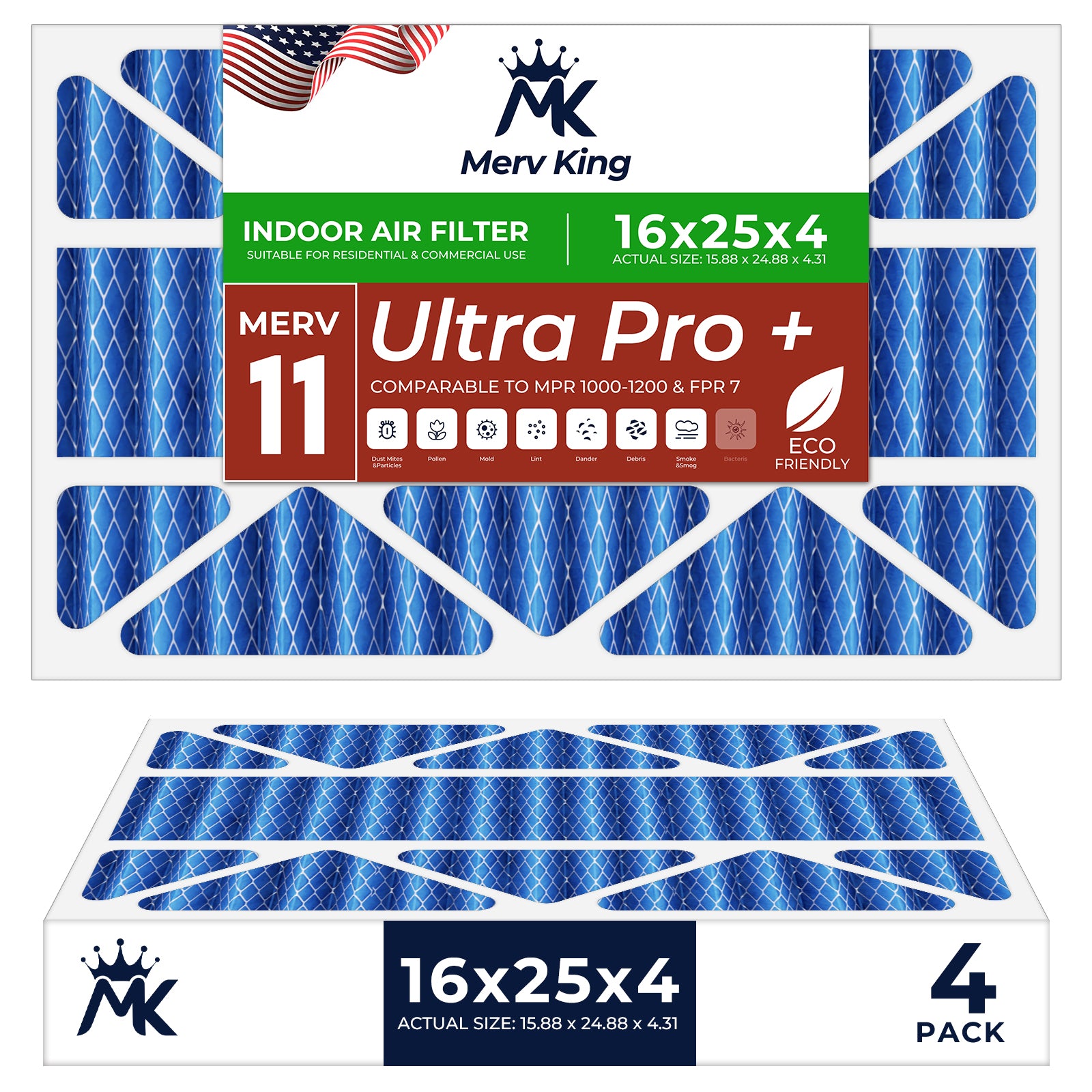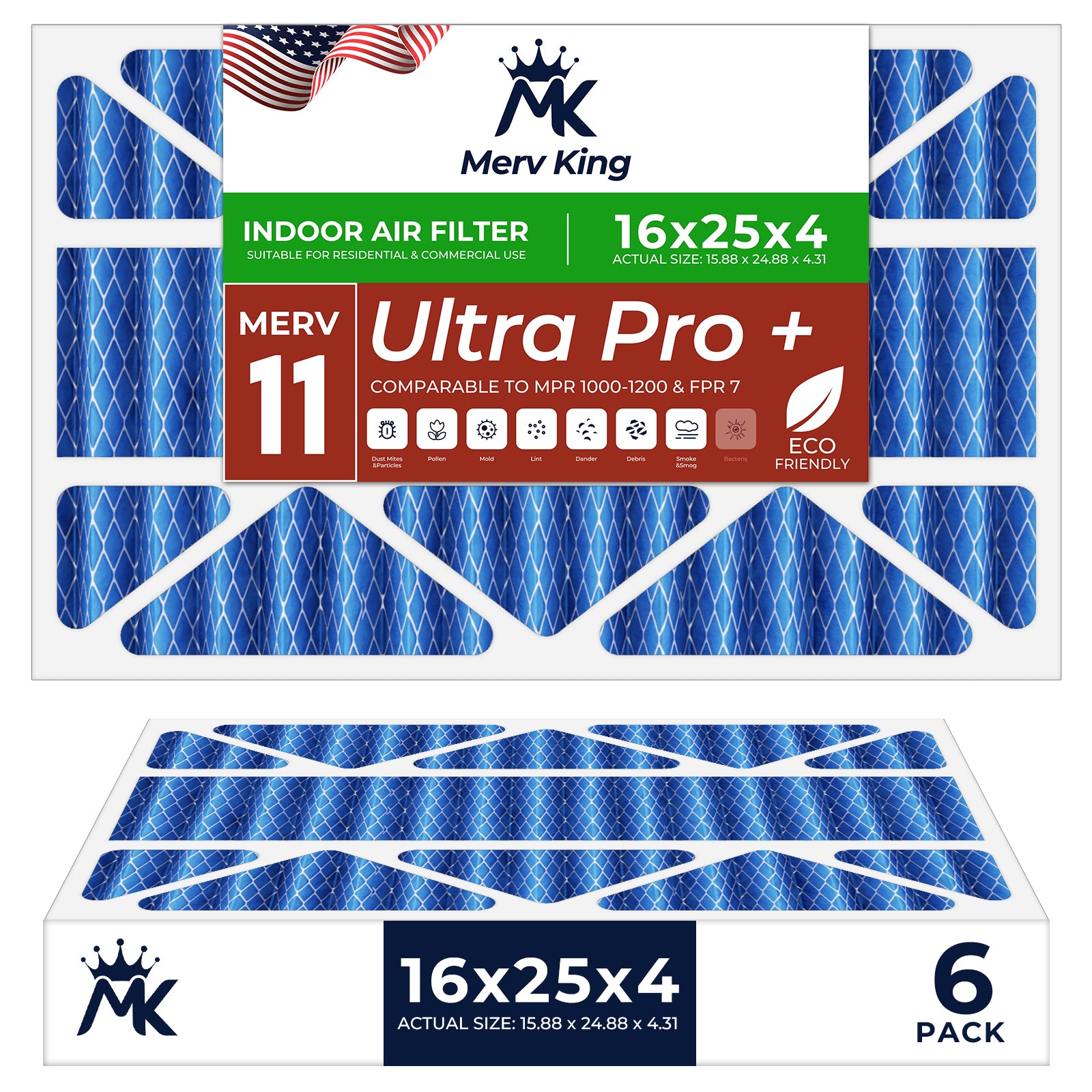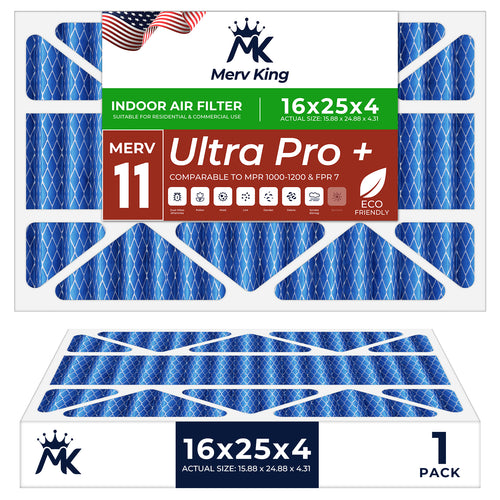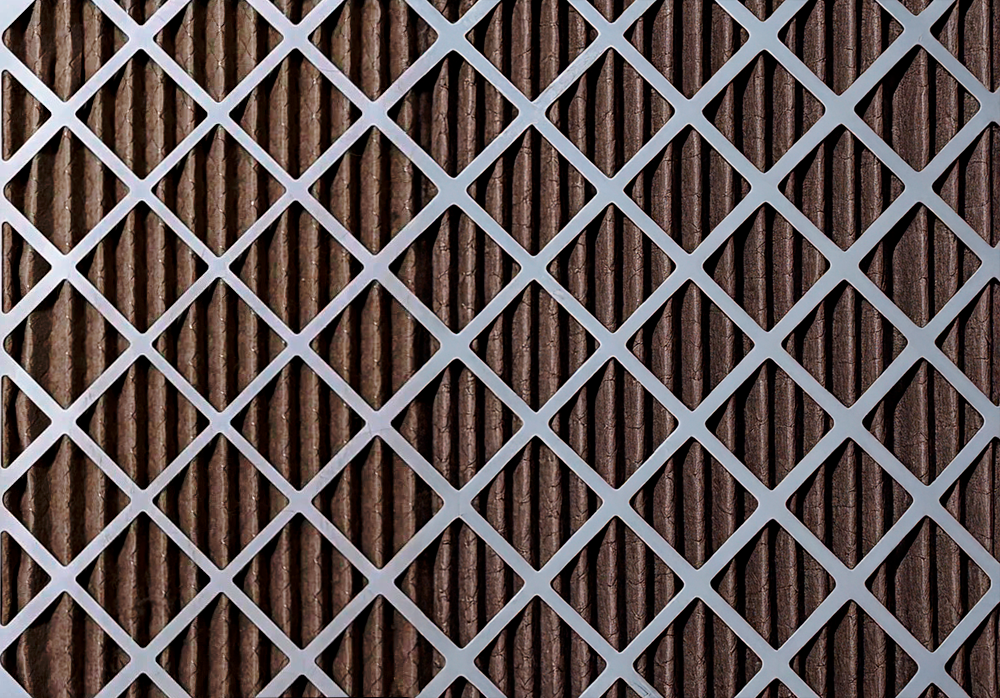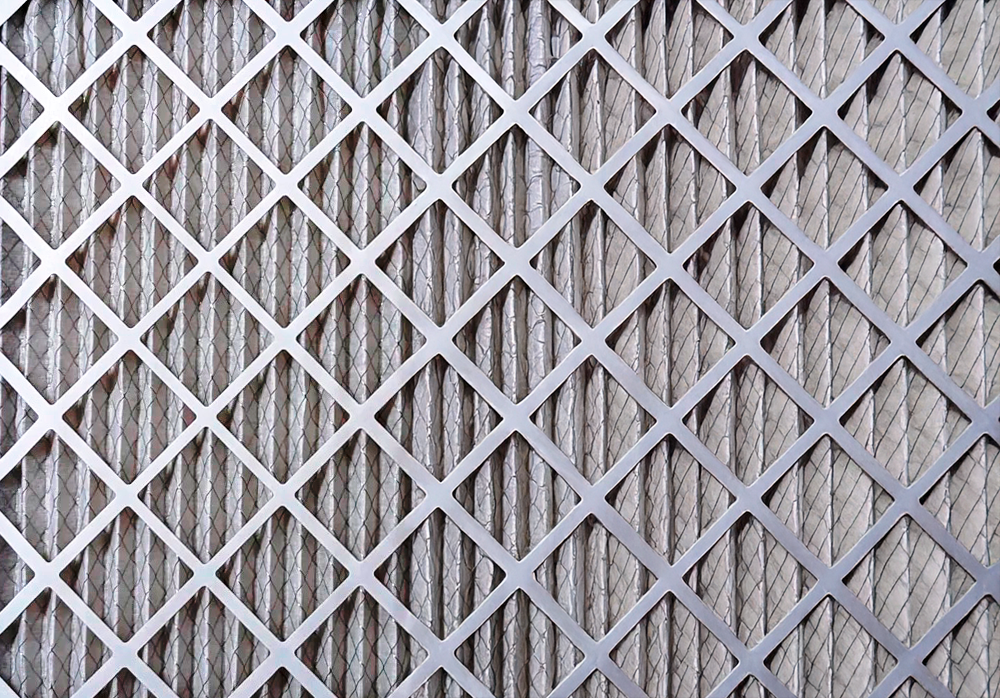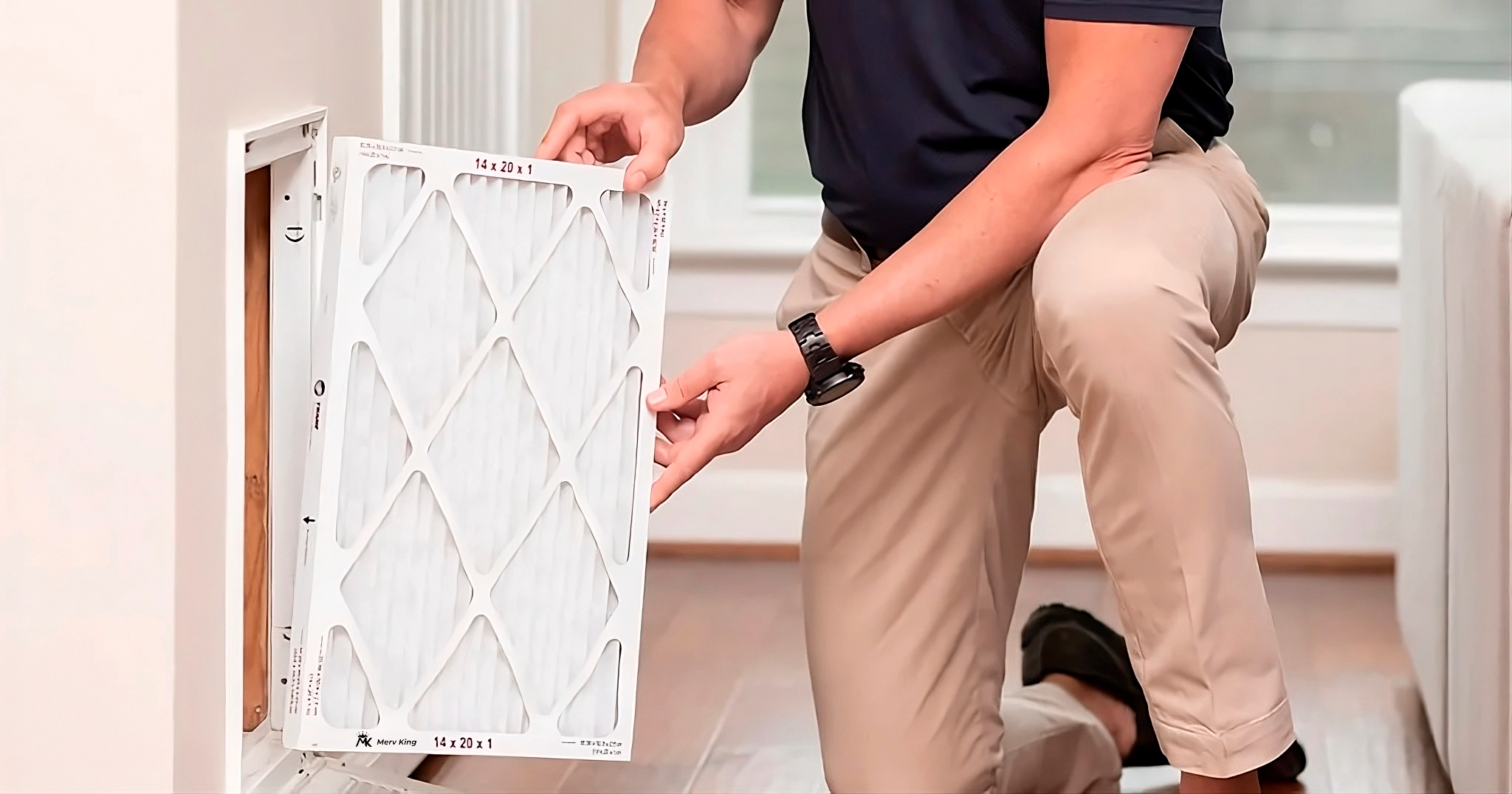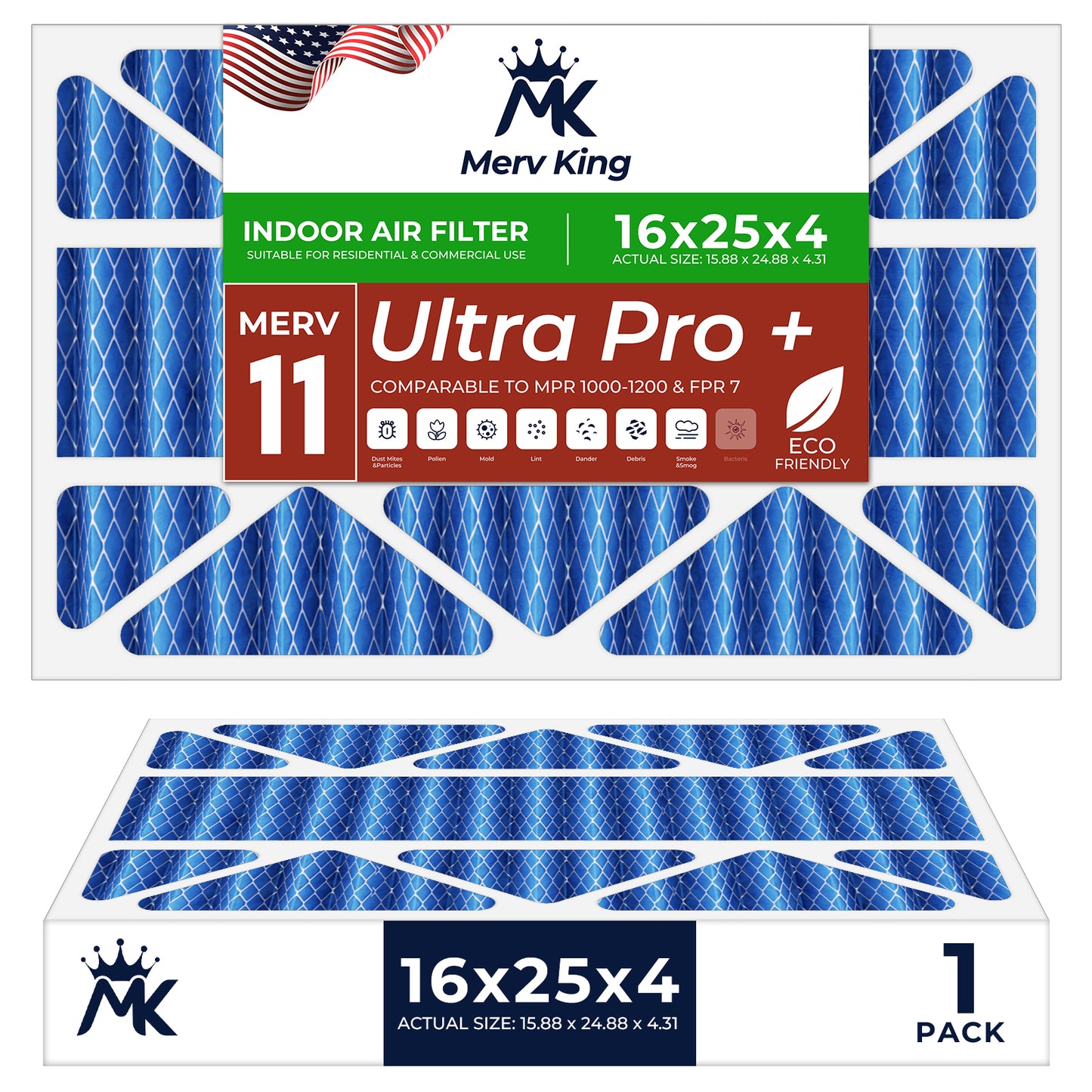
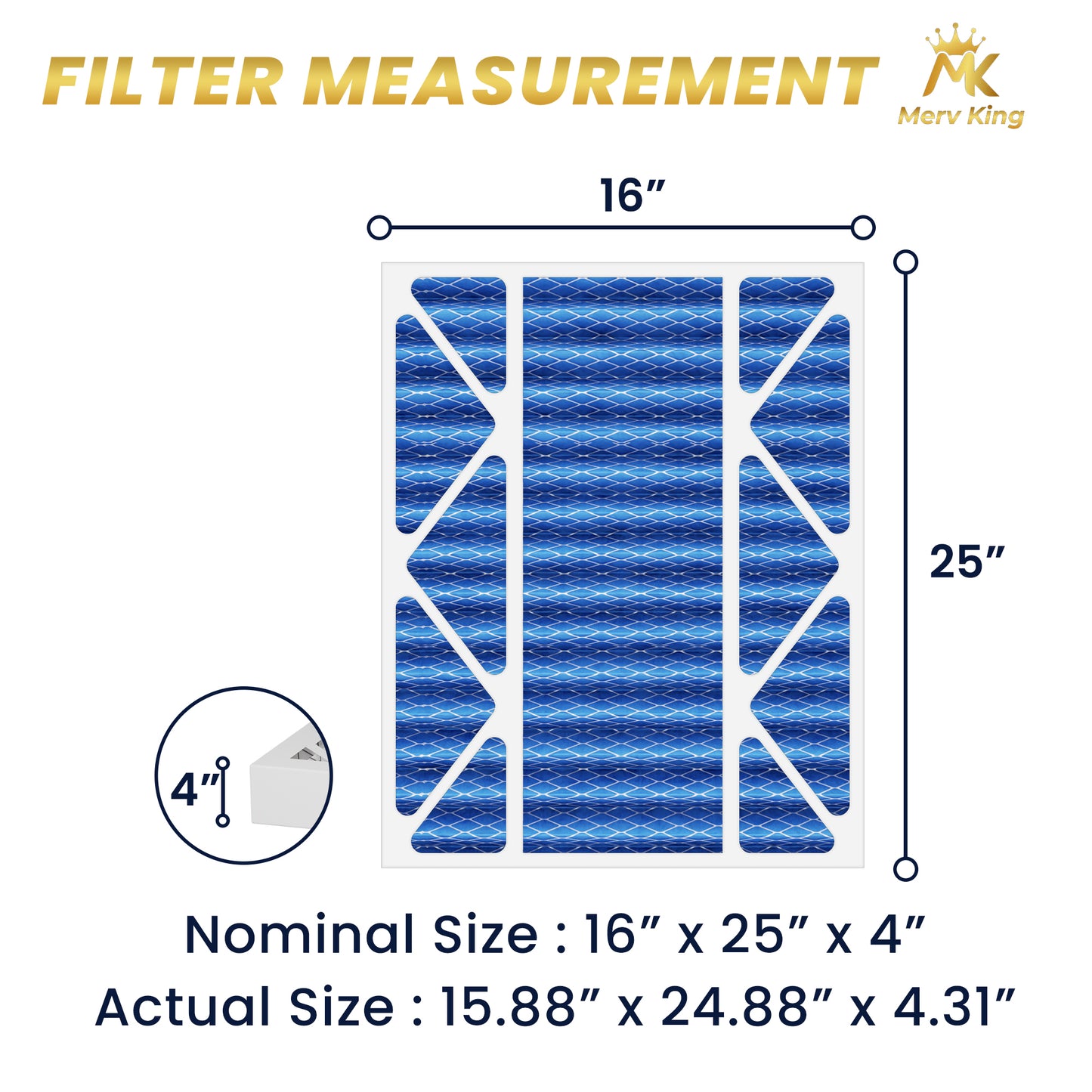
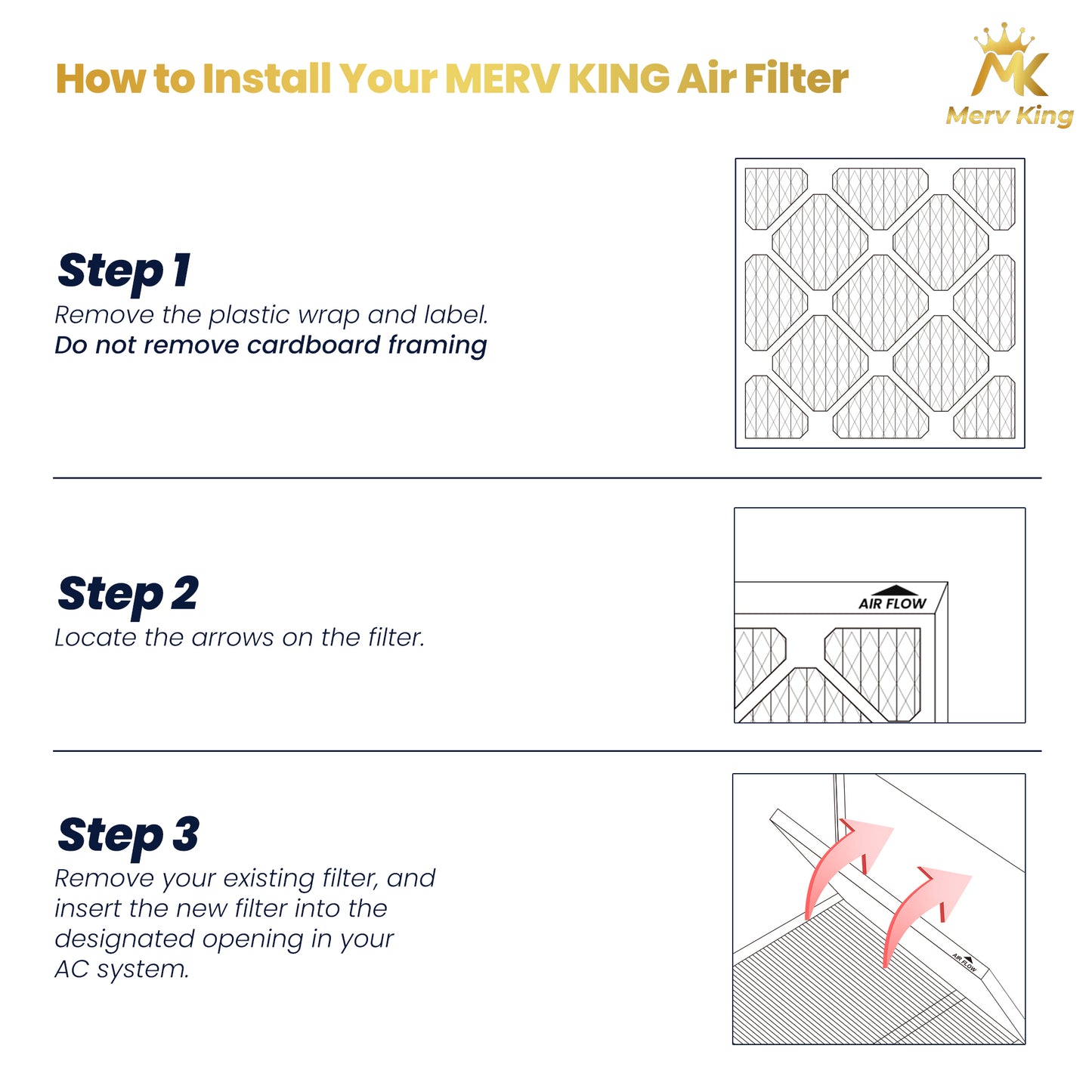
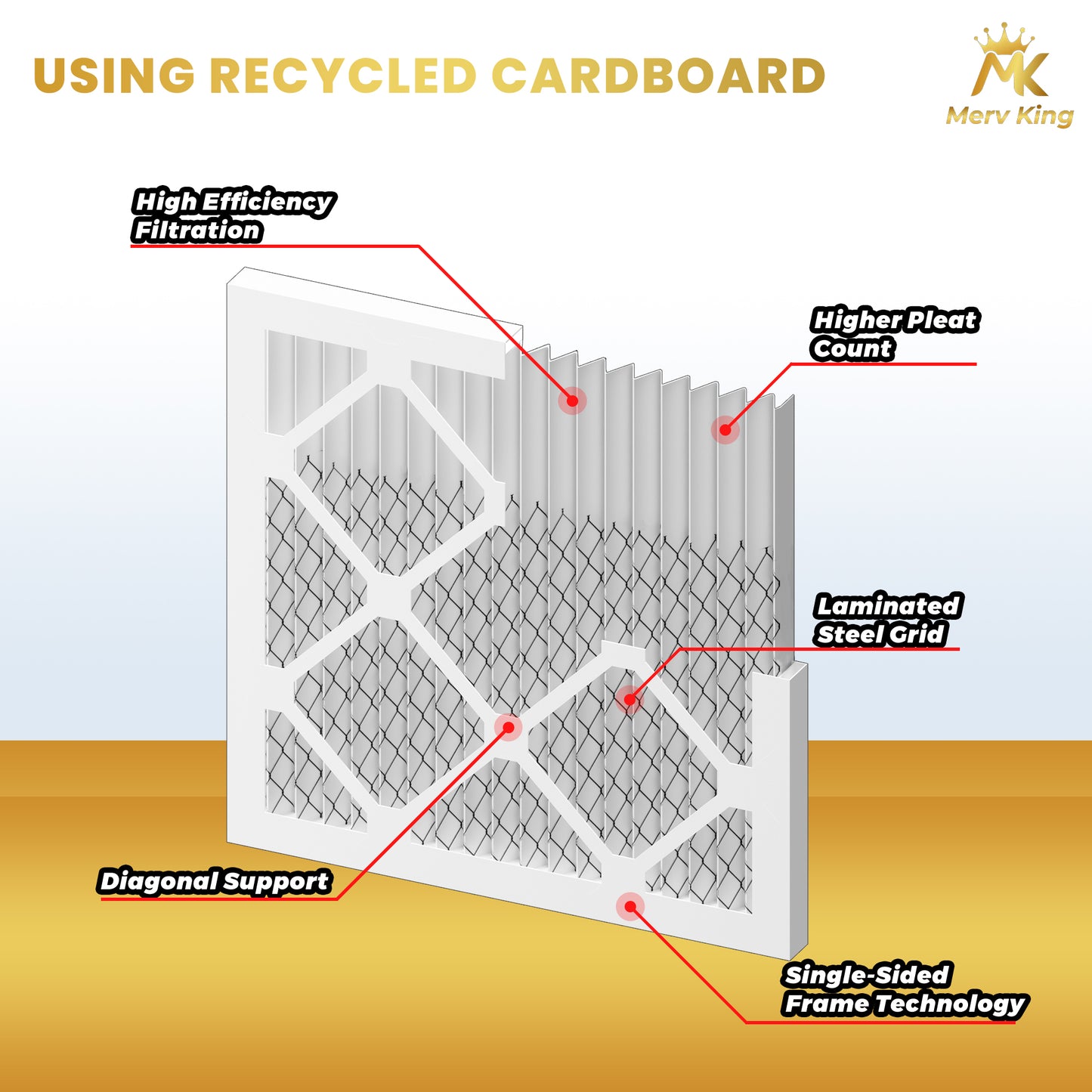
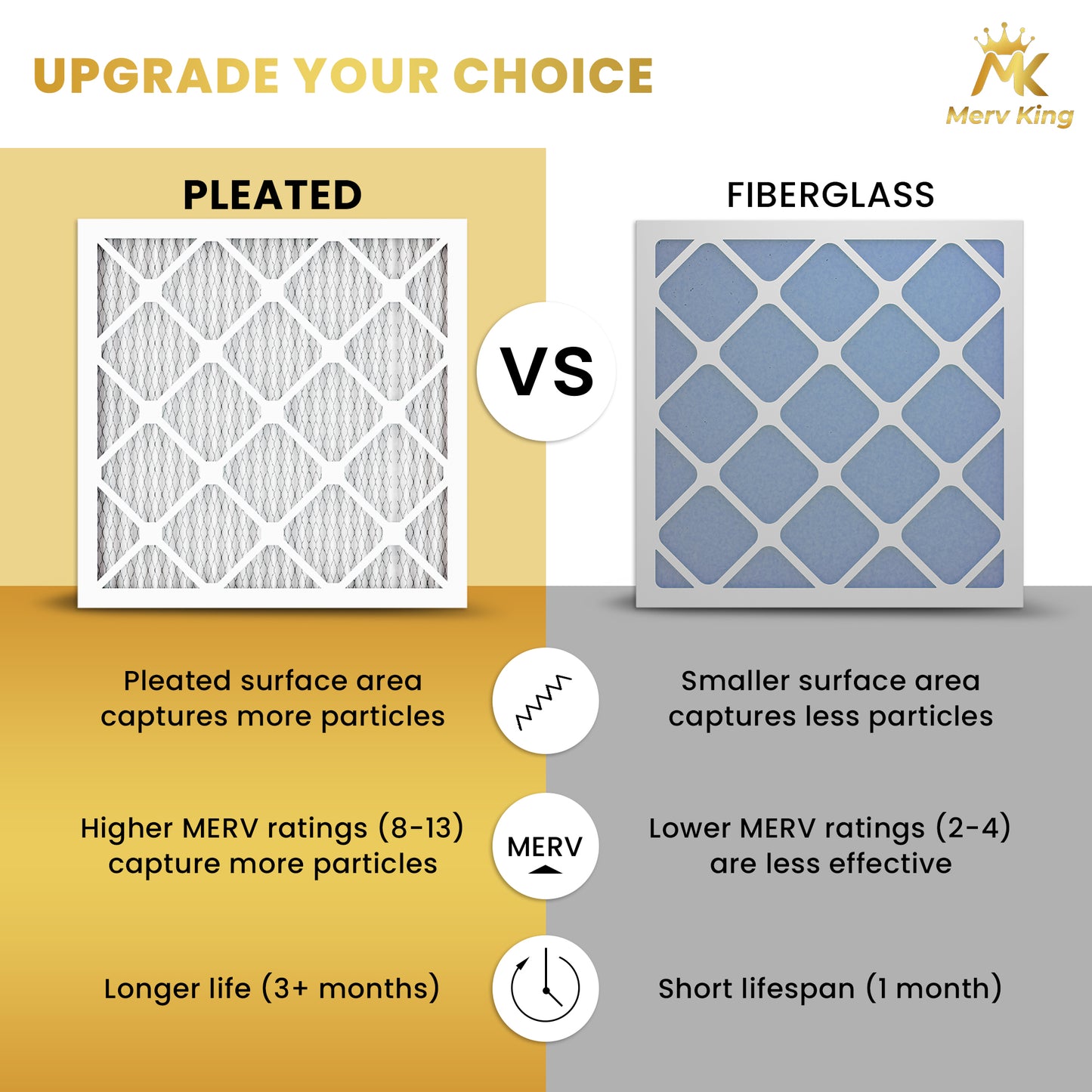
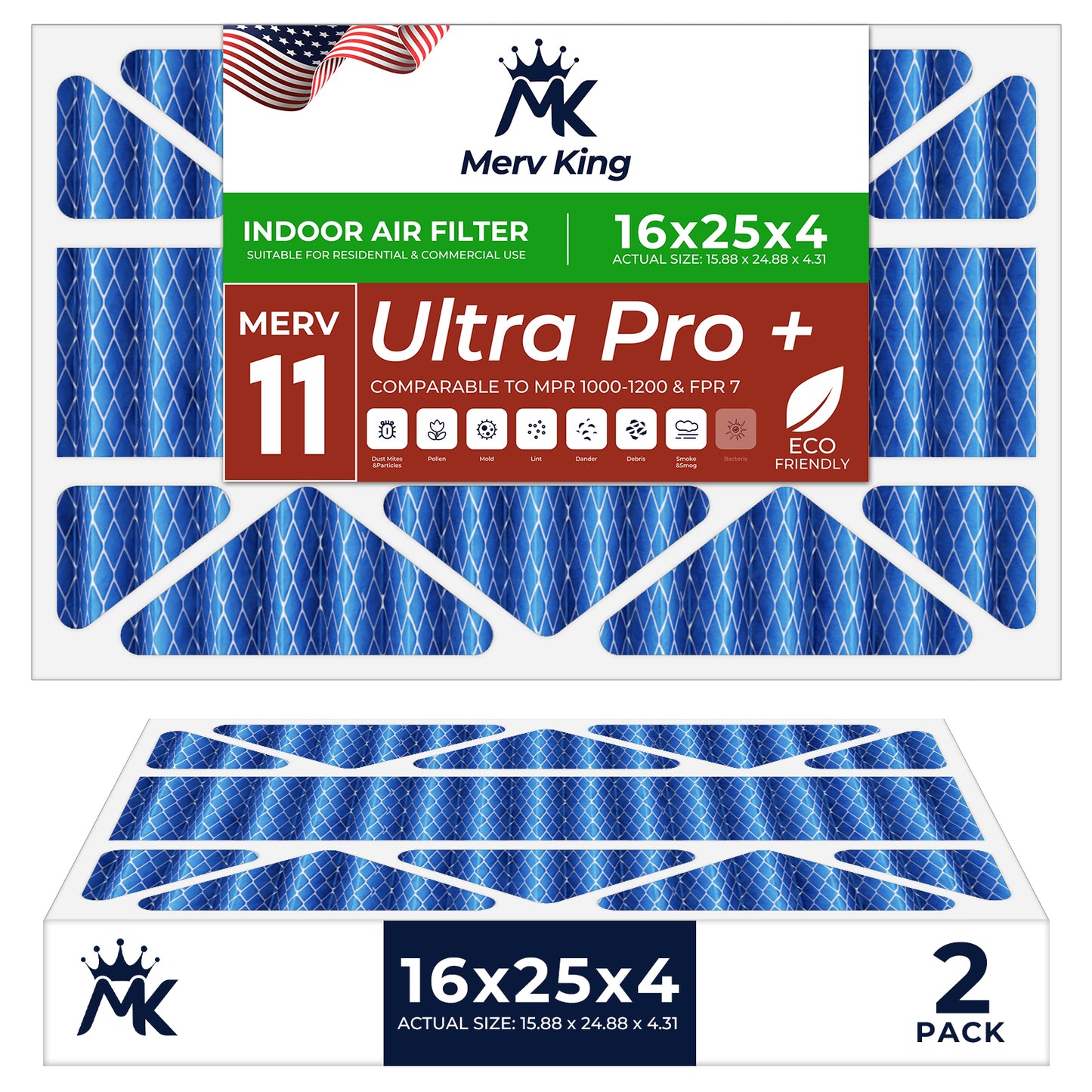
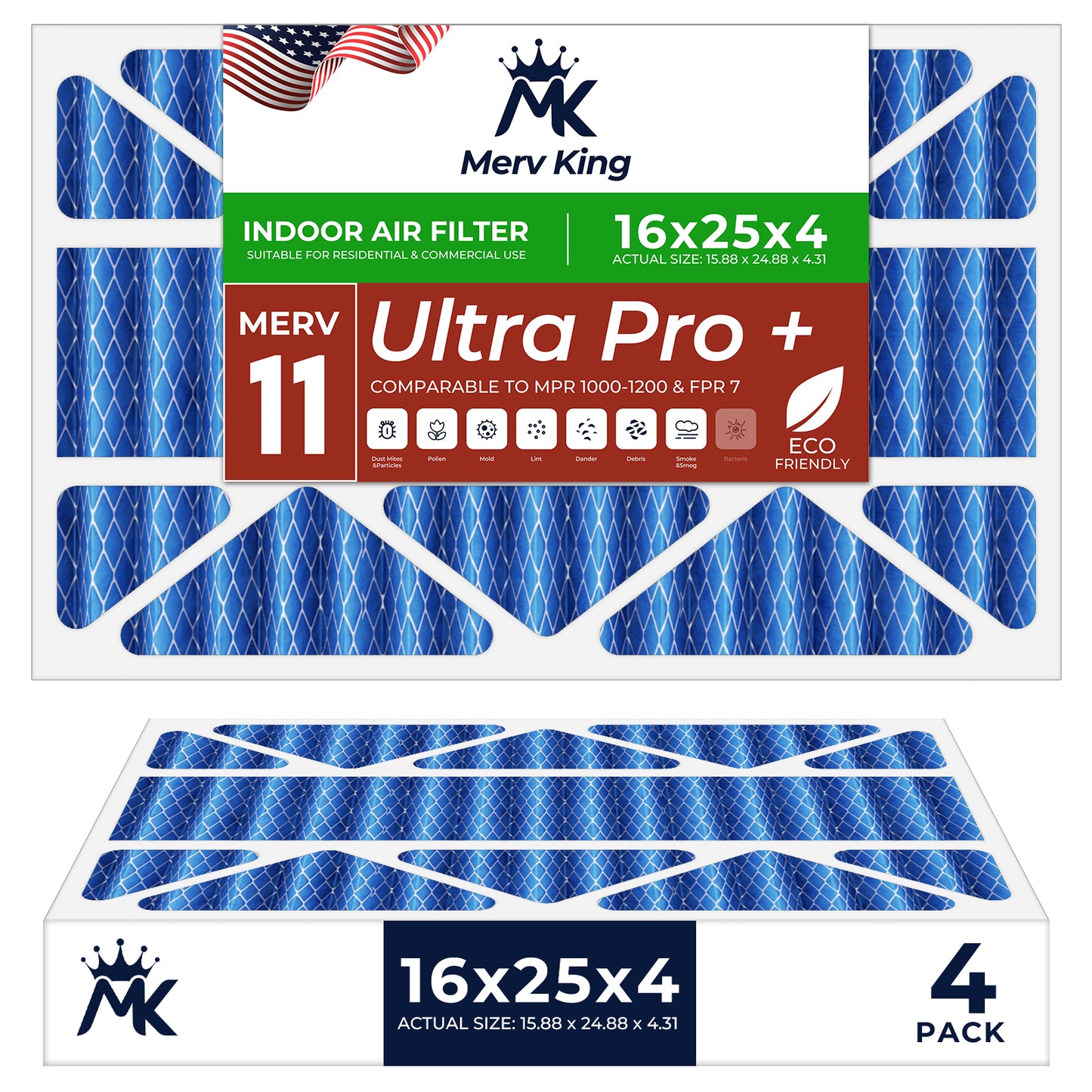
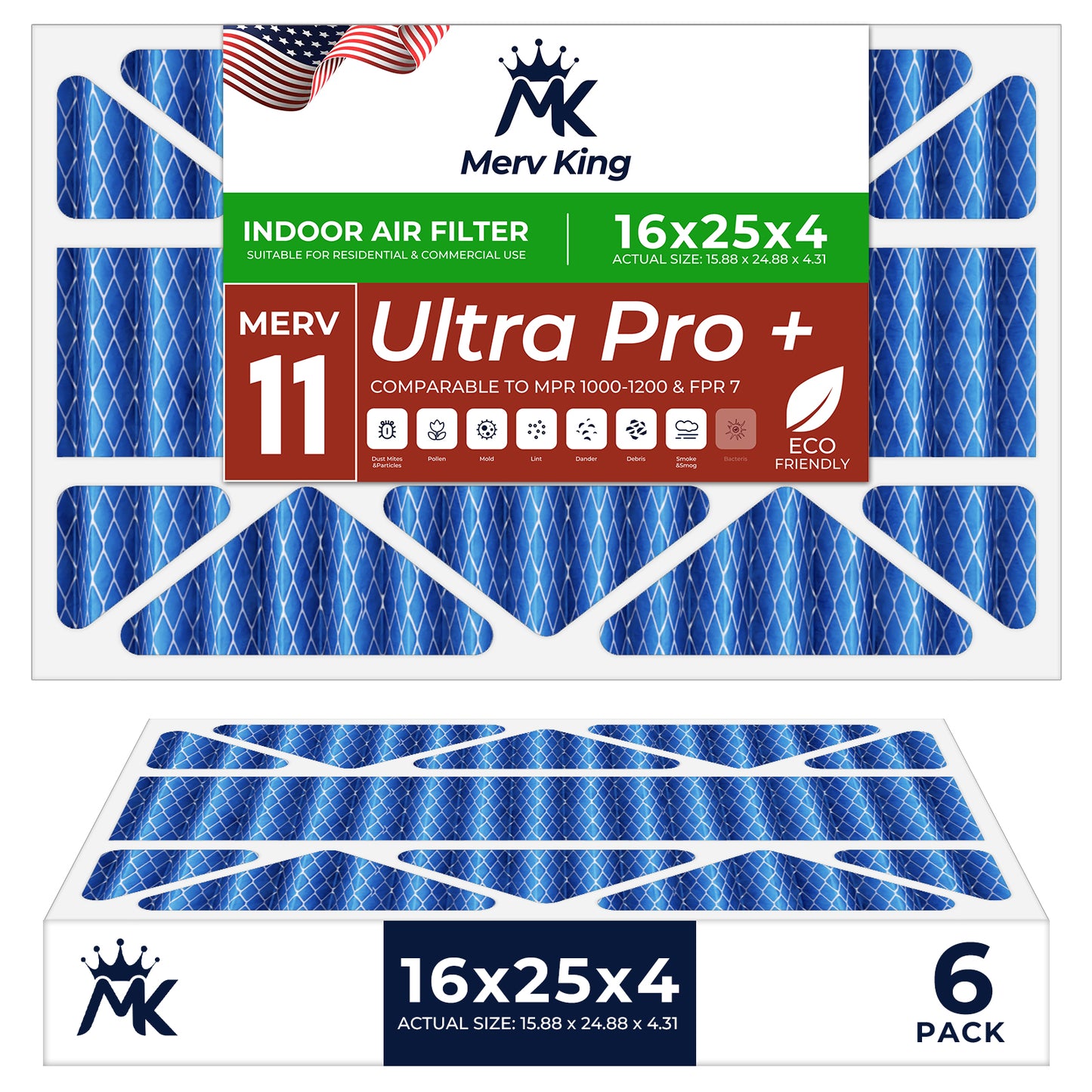
Selecting the Perfect MERV Rating
Your MERV rating should align with your indoor air quality goals. MERV 8 filters are a solid choice for everyday dust and common allergens, providing reliable protection in most households. If you need enhanced filtration – especially for those with allergies – MERV 11 effectively captures smaller particles like mold spores. For top-tier filtration against bacteria, smoke, and other fine pollutants, MERV 13 delivers the highest level of defense, making it ideal for sensitive individuals or high-pollution environments.
Protect Your Family’s Health with the Right Air Filter
Your family’s well-being is invaluable, and our filters are designed to help you safeguard it. By capturing harmful particles such as bacteria, dust, mold spores, and allergens, they maintain cleaner, healthier indoor air. Ideal for households with children, allergy sufferers, or anyone concerned about respiratory issues, our filters let you breathe easier while promoting a safer environment. Give your loved ones the air quality they deserve, and enjoy the peace of mind that comes with better protection.
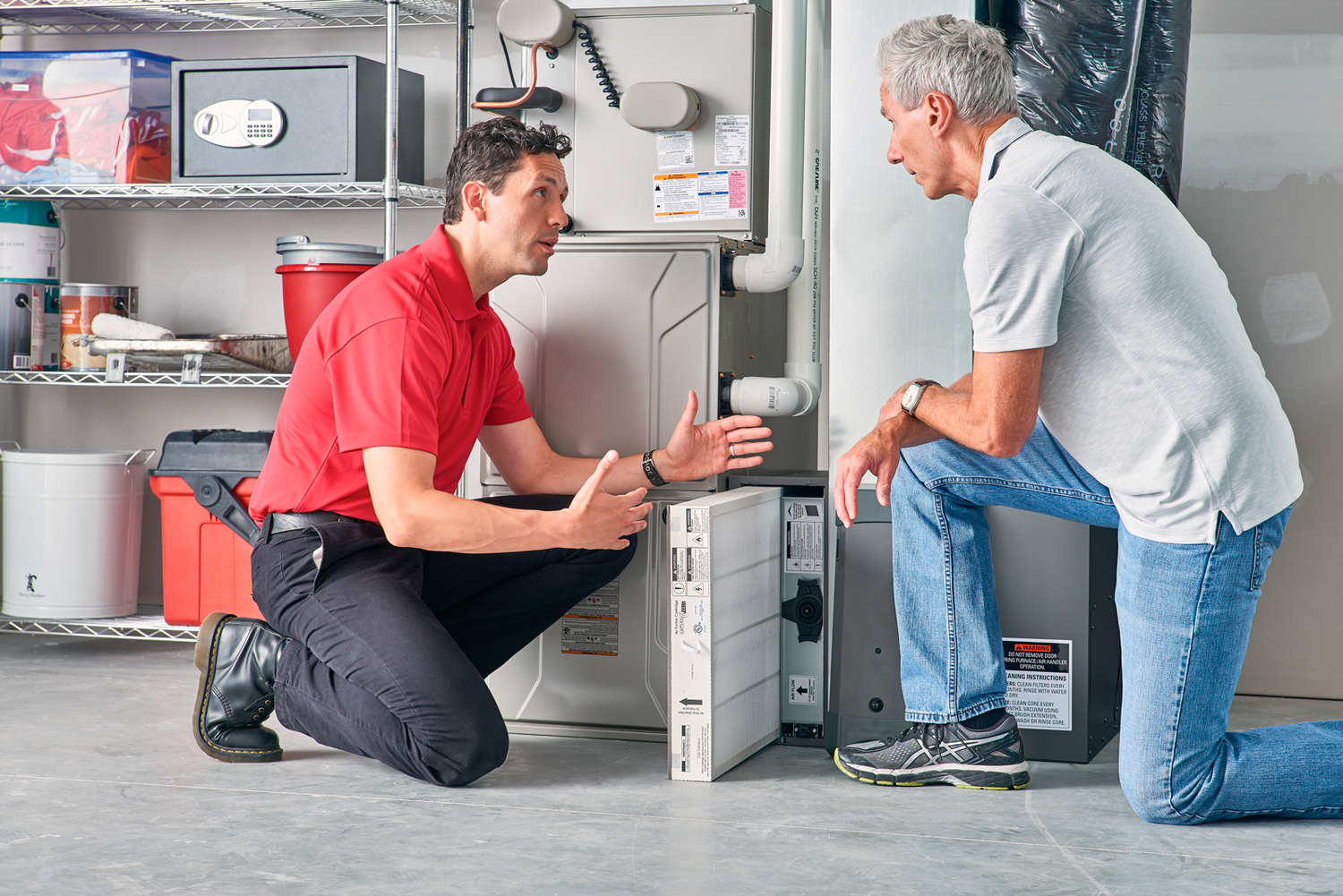
Prevent Costly Repairs and Cut Your Energy Bills
Keep your HVAC system running smoothly with our high-performance filters. Specially engineered to shield your equipment from damage, they help extend its lifespan and avoid expensive maintenance. Plus, by boosting overall efficiency, our filters can lower your energy consumption – saving you money month after month. Invest in a top-quality filter today and enjoy the lasting benefits of a healthier, more cost-effective home.
Why Choose Merv King Filters?
Experience superior air quality with Merv King filters. Our advanced features are designed for lasting performance – simply check what sets us apart from traditional options.

|
Others | |
|---|---|---|
| High MERV Rating | ||
| Extended Lifespan | ||
| Reinforced Media | ||
| Eco-Friendly | ||
| Optimized Airflow | ||
| Durable Build |
YOUR AIR FILTER QUESTIONS ANSWERED
How Often Should I Replace My Air Filter?
How Often Should I Replace My Air Filter?
Air filters should typically be changed every 60-90 days, but homes with pets, allergies, or high HVAC usage may need replacements every 30-60 days. High-efficiency filters can last up to 3 months. Regularly checking your filter ensures better air quality and system efficiency.
Use our Filter Reminder!
How Do Air Filters Improve Air Quality?
How Do Air Filters Improve Air Quality?
Air filters improve air quality by trapping airborne particles like dust, pollen, pet dander, mold spores, and bacteria. As air flows through your HVAC system, the filter captures these contaminants, preventing them from circulating throughout your home. This not only keeps the air cleaner but also helps reduce allergens, improve respiratory health, and create a healthier living environment for you and your family.
What MERV Rating Should I Choose?
What MERV Rating Should I Choose?
MERV 8: Ideal for general home use, effectively trapping dust, pollen, and mold spores. These filters provide good air quality for most households.
MERV 11: A better option if you have pets, allergies, or respiratory issues. These filters capture smaller particles like pet dander, finer dust, and even smoke.
MERV 13: Best for homes with severe allergy or asthma sufferers, or those wanting maximum protection. These filters can capture bacteria, viruses, and other ultra-fine particles, but may reduce airflow in some HVAC systems.
Learn More About MERV Ratings Here
Do Air Filters Affect HVAC System Efficiency?
Do Air Filters Affect HVAC System Efficiency?
Yes, air filters play a crucial role in your HVAC system's efficiency. A clean, properly rated air filter allows air to flow smoothly through the system, helping it operate efficiently. However, a clogged or overly restrictive filter can block airflow, forcing the system to work harder and use more energy, which can lead to higher utility bills and potential system damage. Choosing the right MERV rating and regularly changing your filter ensures your HVAC system runs at optimal efficiency, reducing energy consumption and extending the system’s lifespan.
How Do I Know When To Replace My Air Filter?
How Do I Know When To Replace My Air Filter?
Visible Dirt and Dust: If the filter appears dirty or clogged with dust, it's time for a change.
Reduced Airflow: If your HVAC system isn't blowing air as forcefully as usual, a clogged filter may be restricting airflow.
Increased Energy Bills: A sudden rise in your energy bill could indicate that your system is working harder due to a dirty filter.
Allergy Flare-ups: If you or your family notice worsening allergy symptoms, it may be due to a clogged filter that isn't effectively removing allergens.
Scheduled Timeframe: Most filters should be replaced every 60-90 days, or more frequently if you have pets, allergies, or high HVAC usage.
What's The Difference Between A 1-inch And 2-inch Air Filter?
What's The Difference Between A 1-inch And 2-inch Air Filter?
The primary difference between a 1-inch and a 2-inch air filter is the thickness of the filter. Both 1-inch and 2-inch filters are designed to improve indoor air quality and protect HVAC systems, and the right choice often depends on your system’s specifications and airflow needs.
Why Choose Merv King Air Filters?
Why Choose Merv King Air Filters?
Choose our air filters for superior performance, durability, and value. Our filters are designed with high-quality, pleated, electrostatically charged media that efficiently captures dust, pollen, pet dander, and other harmful particles, improving indoor air quality. With longer-lasting durability compared to standard fiberglass filters, our filters provide better protection for your HVAC system, helping to extend its lifespan and reduce energy costs. Plus, they are eco-friendly, made with recyclable materials, and proudly manufactured in the USA. Choose our filters for a healthier home and peace of mind.





